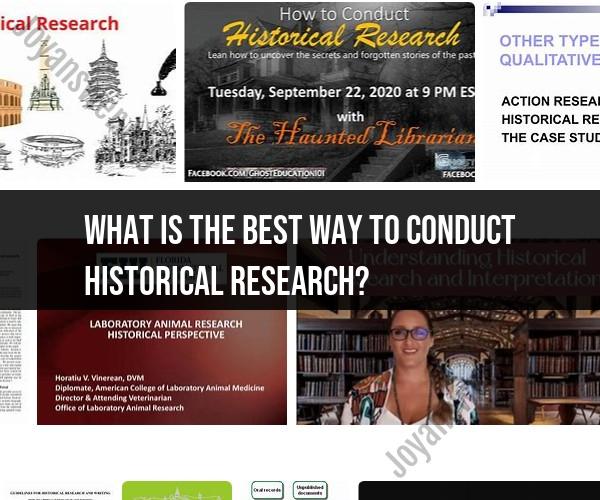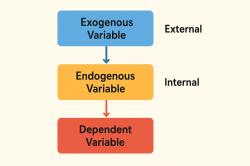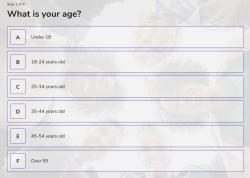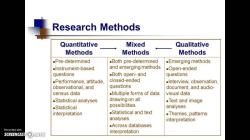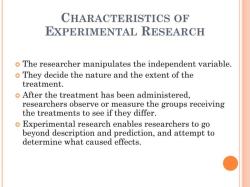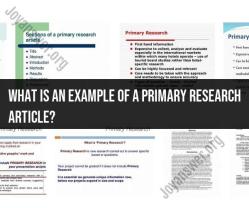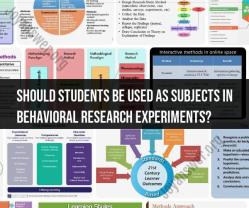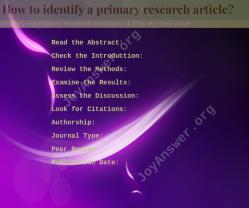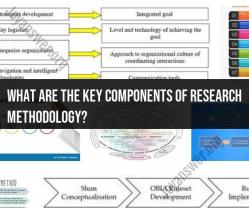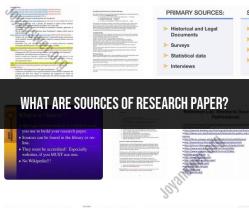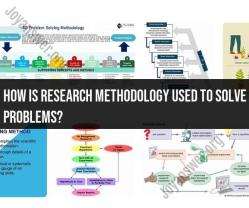What is the best way to conduct historical research?
Conducting effective historical research involves a structured and systematic approach to gathering, analyzing, and interpreting historical information. Here are essential steps to help you conduct historical research effectively:
Define Your Research Topic:
- Clearly define the historical topic or question you want to explore. Make your research question specific and focused to guide your investigation.
Review Existing Literature:
- Before diving into primary sources, review existing historical literature, books, articles, and scholarly papers related to your topic. This will help you understand the context and existing scholarship.
Identify Primary and Secondary Sources:
- Primary sources are firsthand accounts or artifacts from the time period you're studying (e.g., letters, diaries, photographs), while secondary sources are interpretations and analyses of historical events (e.g., history books, documentaries).
- Identify relevant primary and secondary sources for your research. Libraries, archives, museums, and online databases are valuable resources.
Create a Research Plan:
- Develop a research plan outlining your goals, timeline, and the sources you intend to consult. This plan will help you stay organized and focused.
Visit Archives and Libraries:
- If your research requires access to physical documents or archives, plan visits to libraries, archives, or historical institutions. Contact archivists or librarians in advance for assistance.
Collect and Analyze Primary Sources:
- Examine primary sources critically, considering their reliability, context, and biases. Take notes and document your findings systematically.
Interview Experts:
- If applicable, consider interviewing historians or experts in the field to gain insights and perspectives on your topic.
Organize Your Research:
- Keep your research organized by using digital tools or physical notebooks to store notes, citations, and sources. Proper citation is crucial for academic integrity.
Analyze and Interpret Data:
- Analyze the collected data to draw conclusions and answer your research question. Pay attention to patterns, trends, and connections in the historical evidence.
Write Your Research Paper or Project:
- Organize your research findings into a coherent narrative or argument. Develop a thesis statement and structure your paper with an introduction, body, and conclusion.
Cite Sources Properly:
- Use appropriate citation styles (e.g., Chicago, APA, MLA) to cite your sources accurately and give credit to authors and creators. Follow the citation style guidelines recommended by your institution or publication.
Revise and Edit:
- Review and revise your research paper for clarity, coherence, and accuracy. Proofread for grammar and spelling errors.
Seek Feedback:
- Share your research with peers, professors, or mentors to get feedback and suggestions for improvement.
Publish or Present Your Findings:
- Consider publishing your research in academic journals or presenting it at conferences to contribute to the field of historical scholarship.
Stay Ethical:
- Adhere to ethical standards in historical research, including respecting copyright, intellectual property rights, and ethical considerations related to sensitive topics.
Stay Updated:
- Keep up with the latest research and historiographical trends in your area of interest to ensure your work remains relevant and informed.
Remember that historical research is an ongoing process, and new evidence or perspectives may emerge over time. Be open to revisiting and refining your research as needed. Effective historical research requires patience, diligence, and a commitment to accuracy and objectivity.
Conducting Historical Research: Best Practices and Approaches
Historical research is the process of investigating and interpreting the past. It can be a complex and challenging task, but it can also be incredibly rewarding.
Here are some best practices and approaches for conducting historical research:
- Develop a research question. What do you want to learn about the past? What aspect of history are you interested in? Once you have a research question, you can start to narrow down your focus and develop a research plan.
- Gather sources. There are many different types of historical sources, including primary sources (documents, artifacts, etc. that were created at the time of the event being studied) and secondary sources (analyses and interpretations of primary sources by historians). It is important to use a variety of sources to get a well-rounded perspective on your topic.
- Evaluate your sources. Not all sources are created equal. It is important to evaluate your sources carefully to determine their credibility and reliability. Consider the author's perspective, the date of publication, and the purpose of the source.
- Analyze and interpret your sources. Once you have gathered and evaluated your sources, you need to analyze and interpret them. This involves looking for patterns and connections, and developing your own interpretation of the evidence.
- Write your findings. Once you have analyzed and interpreted your sources, you can start to write your findings. Be sure to cite your sources properly and to write in a clear and concise style.
The Art of Delving into the Past: Historical Research Techniques
There are many different techniques that can be used for historical research. Here are a few examples:
- Archival research: This involves searching through archives for primary sources. Archives can be found in libraries, museums, and other institutions.
- Oral history: This involves interviewing people who have firsthand knowledge of the past. Oral history can be a valuable way to gather information that is not available in written sources.
- Quantitative history: This involves using quantitative methods, such as statistics and data analysis, to study the past. Quantitative history can be used to identify trends and patterns in historical data.
- Spatial history: This involves using maps and other spatial data to study the past. Spatial history can be used to understand how geography has influenced historical events and processes.
Unearthing the Past: Effective Strategies for Historical Inquiry
Here are some effective strategies for historical inquiry:
- Be open-minded. When conducting historical research, it is important to be open-minded and to consider different perspectives. Avoid making assumptions or drawing conclusions without sufficient evidence.
- Be critical. It is important to critically evaluate your sources and to be aware of your own biases. Do not simply accept information at face value.
- Be creative. Historical research is a creative process. Be open to new ideas and approaches.
- Be persistent. Historical research can be challenging, but it is important to be persistent. Do not give up if you do not find what you are looking for right away.
Historical research is an essential part of understanding the past and its impact on the present. By following the best practices and approaches outlined above, you can conduct effective historical research and make meaningful contributions to our understanding of the world.
